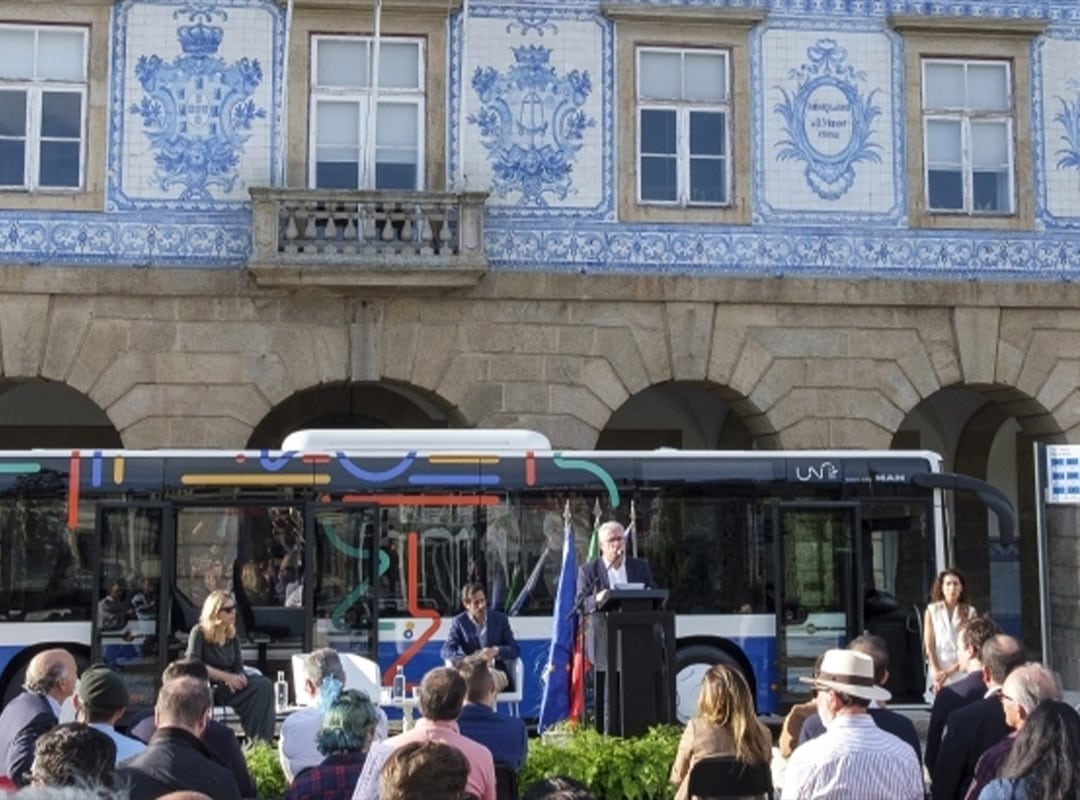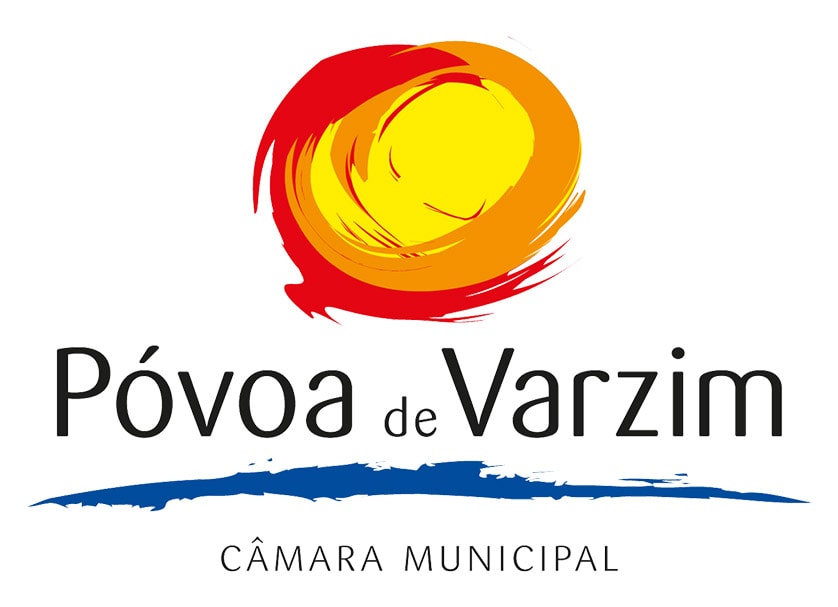V4V Good Practice Case Studies: Póvoa do Varzim Municipal Volunteer Pool
Sport / Activity: Multi-sport | Country: Portugal

Which of the four pillars does the example cover?
Pillar 1 – Volunteer strategy and planning
Pillar 3 – Volunteer management and retention
Pillar 4 – Volunteer development and training
Focus of volunteer intervention: Promoting and supporting volunteering in the local municipality

Objective(s):
The ‘Bolsa Concelhia de Voluntariado da Póvoa de Varzim – BCVPV’ is a municipal platform for the promotion, promotion, dynamization and support of the local practice of volunteering, under the responsibility of the Municipality of Póvoa de Varzim, through the Department of Social Cohesion. The project aims to promote, value and qualify volunteering.
The main objectives are:
- Promote volunteering in the municipality
- Increase community participation in volunteering
- Contribute to the collective awareness of local problems and how residents can help to tackle them through volunteering
- Create, adapt and mediate partnerships and ‘volunteering projects’.
From the understand of the role of volunteering in the community and of the importance of fostering better practices and more volunteering opportunities, the project has a clear focus on activities that have a social impact in communities.
Activities undertaken:
The project helps to recruit volunteers and then place them within partner organisations and community projects. This helps to meet the demand for volunteer support, and also provides training and support to volunteers upskilling them and enabling volunteer activity to make a real contribution in local communities.
Challenges faced:
Some of the challenged associated with the implementation of the volunteering programme have been:
- Volunteering not being seen as a priority area of work for organisations (both public and private), which the municipality tried to tackle with this project.
- There is a lack of workers allocated to volunteering in organisations (who do not see volunteering as strategic or as an added-value activity), with only very few having anyone who is responsible for managing volunteering.
- There is little follow up with volunteers within organisations, which poses a challenge for it to be properly integrated with the organisations’ activities and requires closer support and follow up from the project team.
- Recovery after Covid-19 Pandemic – although many of the volunteers on the programme did support the vaccination centres during that period.
Impact:
In the period January to July 2021, the project achieved the following outputs:
- 386 volunteers registered in the pool, of which 163 are currently active
- 61 partners agencies were engaged in the project, with 8 involved in active community projects during this period
- A total of 728 hours of volunteering activity were unertaken
- 30 hours of volunteer training were provided with 515 participants engaged in training sessions.
Additionally, the project intends to start engaging with international volunteering opportunities, which it is pursuing, among other, through the European Solidarity Corps (currently completing the certification process).
For further information: Click here